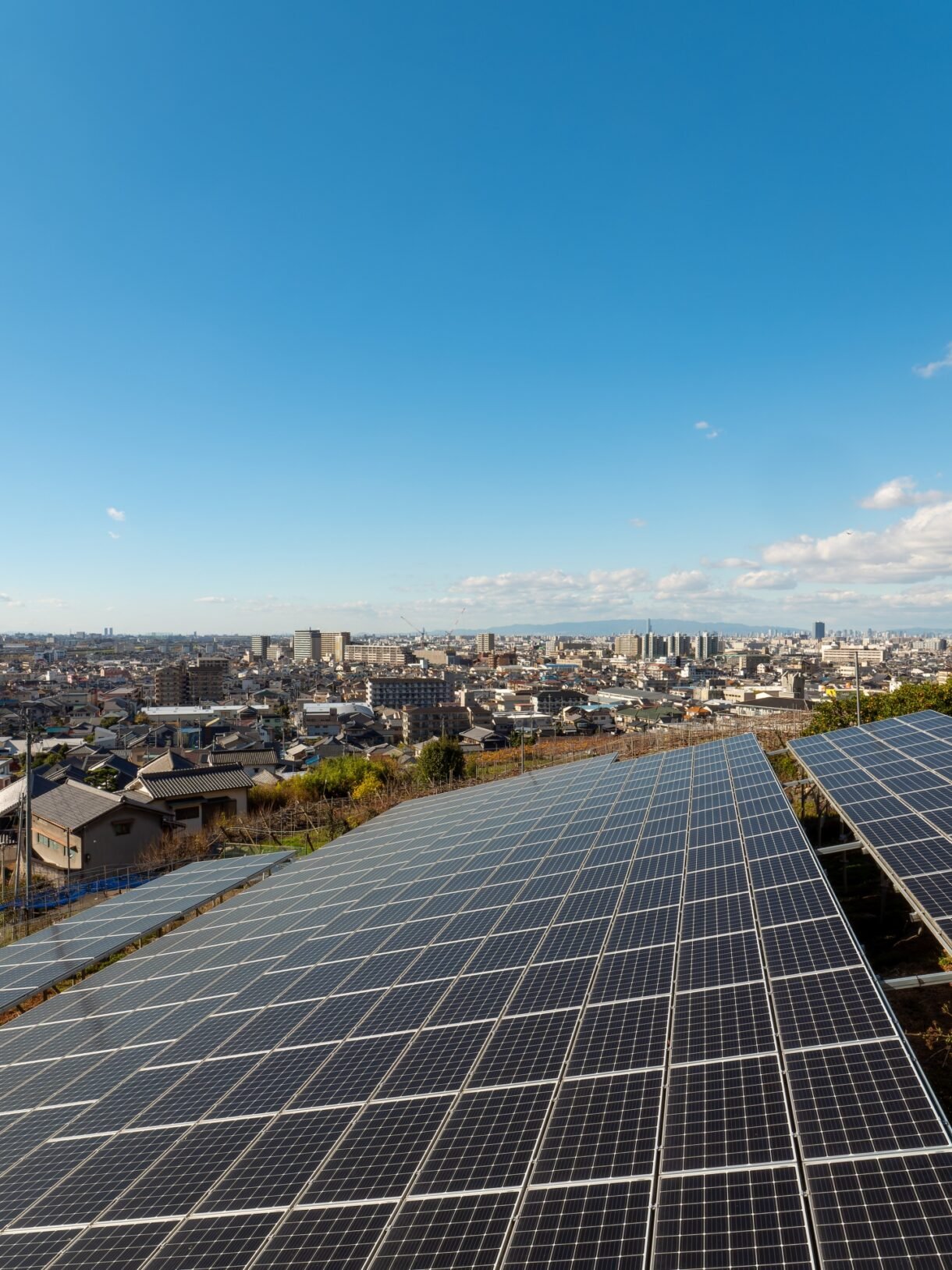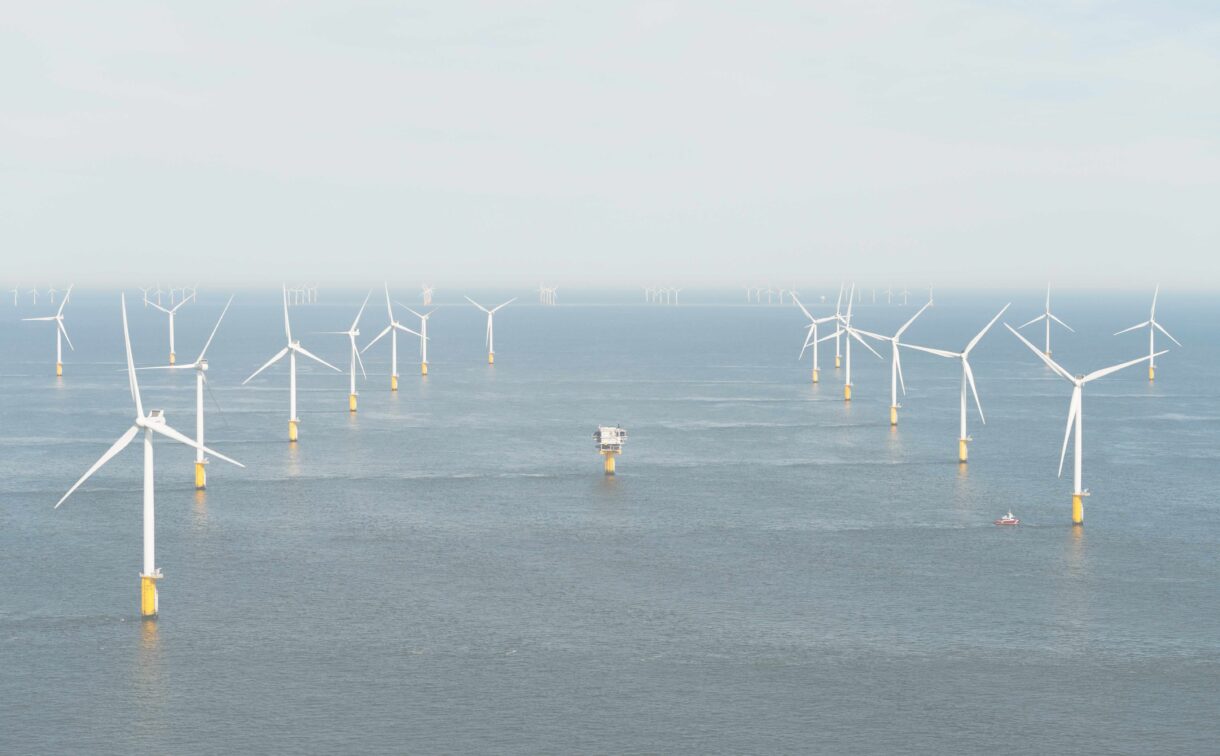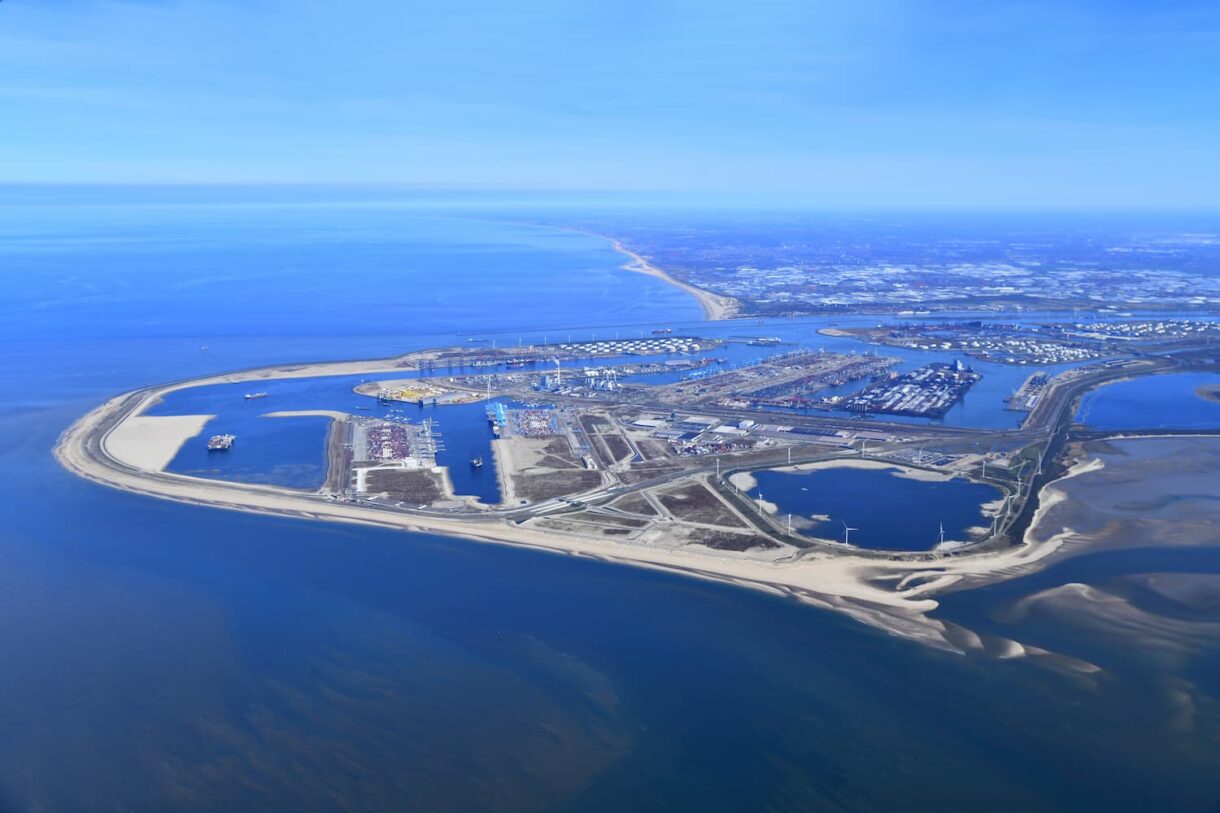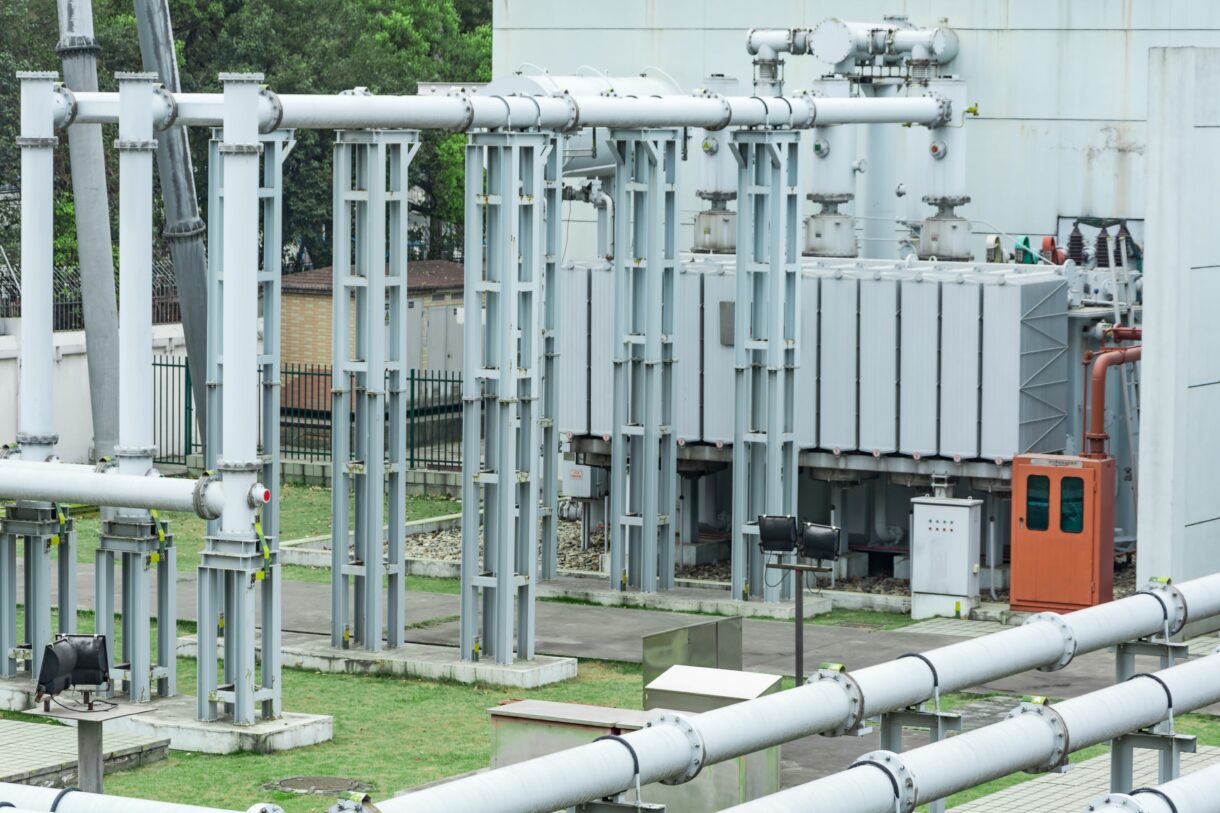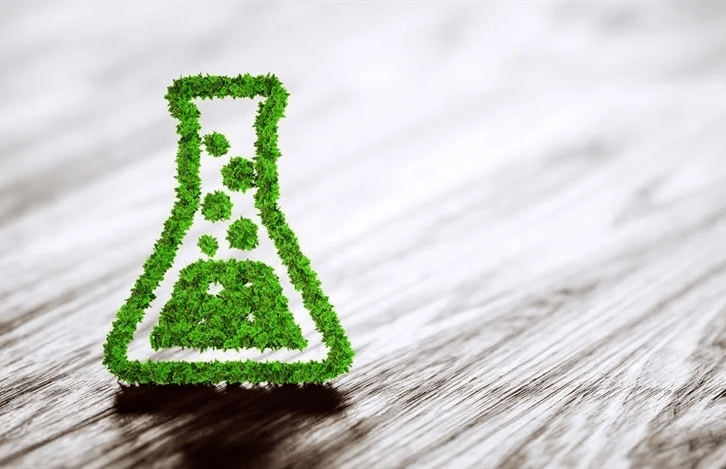Japan’s green transformation
Japan, the world’s fifth highest emitter, is striving for 36-38% renewable energy by 2030 and climate neutral energy usage by 2050. To meet these goals, the government is investing in expanding existing and new renewable energy sources, including offshore wind, hydrogen, Aquifer Thermal Energy Storage (ATES), nuclear power and solar power.
Japan’s many islands, its mountainous topography, and its proneness to natural disasters create several infrastructural and financial challenges, limiting the country’s renewable energy capacity. Therefore, innovative knowledge, services and products are required to realise Japan’s energy transition, which offers various opportunities for Dutch start- and scaleups.
